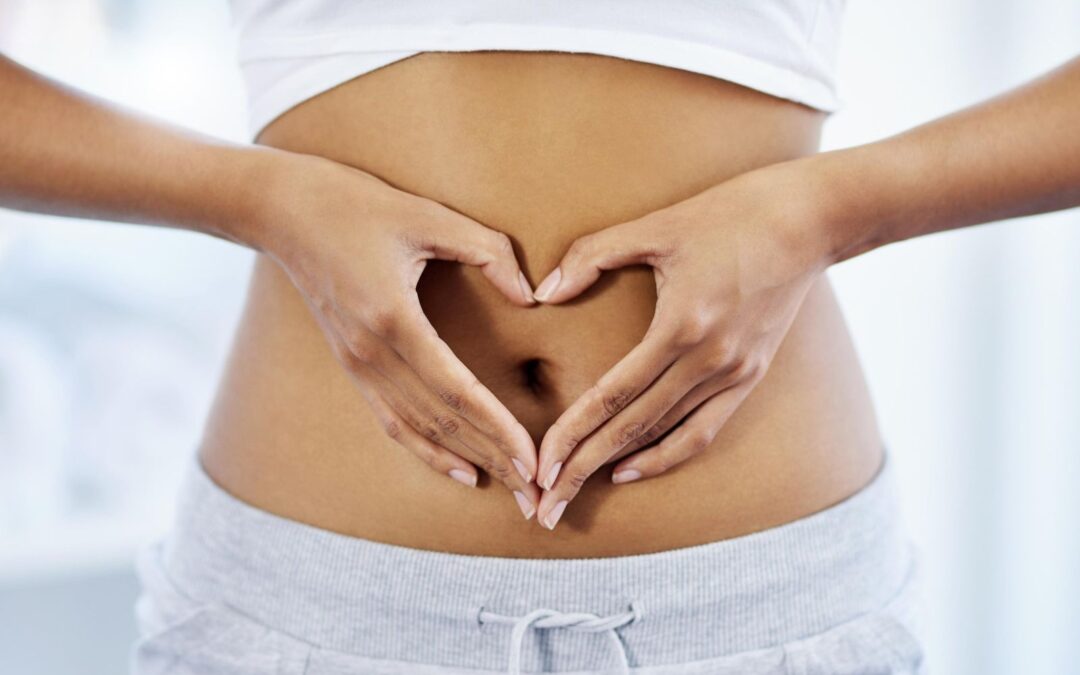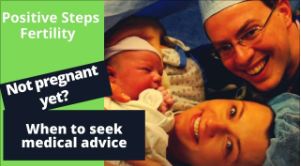If you are trying to conceive, you may have heard of the term “diminished ovarian reserve” or DOR.
But what does it mean and how does it affect your fertility? Let’s explain what diminished ovarian reserve is, what causes it, how it is diagnosed, and what treatment options are available.
What is diminished ovarian reserve?
Diminished ovarian reserve is a condition in which your ovaries have fewer eggs and lower quality eggs than expected for your age. This can make it harder for you to get pregnant naturally or with assisted reproductive technologies (ART) such as in vitro fertilization (IVF).
Your ovaries are the organs that produce and store your eggs, also known as oocytes. You are born with all the eggs you will ever have, and your egg count decreases over time as you ovulate and age. The number and quality of your eggs are also influenced by genetic and environmental factors.
The term “ovarian reserve” refers to the number and quality of your eggs at any given time. A normal ovarian reserve means that you have a sufficient amount of eggs that are capable of being fertilized and developing into healthy embryos. A diminished ovarian reserve means that you have a reduced amount of eggs that are less likely to be fertilized and result in a successful pregnancy.
How common is diminished ovarian reserve?
Diminished ovarian reserve affects about 10% to 30% of people who seek help for infertility. It can occur at any age, but it is more common in older people, especially those over 35 years old. However, some people may have diminished ovarian reserve even if they are young and have regular menstrual cycles.
It is not just a quantity issue, but a quality issue. Generally, as you age the number of quality eggs you have in reserve diminish.
- A woman in her 20s has eggs that are 80-90% chromosomally normal.
- A woman in her early 30s has eggs that are around 67% chromosomally normal.
- In her late 30s, roughly 33% are good quality.
- In her 40s, it’s reduced to 25% or less.
- By 45, 90-95% of eggs are chromosomally abnormal.
This is one of the most important aspects in calculating quantity vs quality. The older a woman gets, her egg quality and overall reserve diminishes.
What causes diminished ovarian reserve?
The most common cause of diminished ovarian reserve is aging. As you get older, your ovaries lose eggs naturally through ovulation and cell death. The remaining eggs also tend to decline in quality and become more prone to chromosomal abnormalities that can lead to miscarriage or birth defects.
However, aging is not the only factor that can affect your ovarian reserve. Other possible causes include:
- Tubal disease: This is a condition that affects your fallopian tubes, which are the tubes that connect your ovaries to your uterus. Tubal disease can be caused by infections, inflammation, endometriosis, or surgery. It can damage your tubes and prevent your eggs from reaching your uterus or being fertilized by sperm.
- Endometriosis: This is a condition that occurs when the tissue that normally lines your uterus grows outside of it, such as on your ovaries, fallopian tubes, or other organs. Endometriosis can cause inflammation, scarring, cysts, and pain in your pelvic area. It can also interfere with your ovulation and egg quality.
- Prior ovarian surgery: This is any surgery that involves removing part or all of your ovaries, such as for treating ovarian cysts, tumors, or cancer. Ovarian surgery can reduce the number of eggs in your ovaries and affect their blood supply and function.
- Chemotherapy or radiation therapy: These are treatments for cancer that use drugs or high-energy rays to kill cancer cells. However, they can also damage your healthy cells, including your eggs and ovaries. Depending on the type, dose, and duration of treatment, chemotherapy or radiation therapy can cause temporary or permanent loss of ovarian function and fertility.
- Smoking: This is a habit that involves inhaling tobacco smoke from cigarettes or other products. Smoking can harm your health in many ways, including reducing your ovarian reserve. Smoking can accelerate the loss of eggs from your ovaries and impair their quality and function.
- Pelvic infection: This is an infection that affects your reproductive organs, such as your uterus, fallopian tubes, or ovaries. Pelvic infection can be caused by sexually transmitted diseases (STDs), bacteria, viruses, fungi, or parasites. It can cause inflammation, pain, fever, discharge, and infertility.
- Autoimmune disorders: These are conditions that occur when your immune system mistakenly attacks your own body’s tissues and organs. Autoimmune disorders can affect various parts of your body, including your ovaries. They can cause inflammation, damage, and dysfunction of your ovarian tissue and cells.
- Mumps: This is a viral infection that causes swelling of your salivary glands near your ears. Mumps can also affect other parts of your body, including your ovaries. Mumps can cause inflammation and damage of your ovarian tissue and cells.
- Genetic abnormalities: These are changes or mutations in your genes that you inherit from your parents that can affect several health factors, including your ovarian reserve.
How is diminished ovarian reserve diagnosed?
There are no specific symptoms of diminished ovarian reserve, other than difficulty getting pregnant or having recurrent miscarriages. Some people may also notice changes in their menstrual cycle, such as shorter or irregular periods, heavier bleeding, or hot flashes.
If you suspect that you have diminished ovarian reserve, you should consult a fertility specialist. They will perform some tests to assess your ovarian function and your overall fertility. These tests may include:
- Blood tests: These measure the levels of hormones that reflect your ovarian function, such as follicle-stimulating hormone (FSH), estradiol (E2), anti-Müllerian hormone (AMH), and inhibin B. High FSH, low E2, low AMH, and low inhibin B indicate diminished ovarian reserve.
- Ultrasound: This uses sound waves to create images of your ovaries and uterus. It can measure the size and shape of your ovaries, as well as count the number of small follicles (antral follicle count or AFC) that contain immature eggs. A low AFC indicates diminished ovarian reserve.
- Ovarian reserve testing: This is a more comprehensive test that combines blood tests and ultrasound on specific days of your menstrual cycle to evaluate how well your ovaries respond to hormonal stimulation. It can also measure how many mature eggs you can produce in a given cycle (ovarian response test or ORT). A poor response indicates diminished ovarian reserve.
Other tests might be administered according to your specific circumstances.
How is diminished ovarian reserve treated?
One of the most common treatments for DOR is controlled ovarian hyperstimulation (COH) with intrauterine insemination (IUI). This involves taking hormonal medications to stimulate the ovaries to produce more eggs, and then placing sperm directly into the uterus at the time of ovulation. COH with IUI can increase the chances of pregnancy by maximizing the number of eggs and sperm available for fertilization.
Another treatment option for DOR is in vitro fertilization (IVF). This is a more advanced and expensive procedure that involves retrieving eggs from the ovaries, fertilizing them with sperm in a laboratory, and transferring one or more embryos into the uterus. IVF can bypass some of the problems caused by DOR, such as poor egg quality or low ovarian response to stimulation. IVF also allows for preimplantation genetic testing (PGT) of the embryos, which can screen for chromosomal abnormalities that may lead to miscarriage or birth defects.
Some people with DOR may also benefit from taking supplements such as dehydroepiandrosterone (DHEA), a mild androgen that is naturally produced by the body. DHEA may improve egg quality and quantity by enhancing ovarian function and reducing oxidative stress. However, DHEA is not approved by the Food and Drug Administration (FDA) for treating infertility, and its safety and effectiveness are not well established. As always, you should speak with a fertility specialist to determine the right path for your fertility journey.
Finally, some people with DOR may choose to use donor eggs or embryos from another person who has a good ovarian reserve. This can increase the chances of pregnancy significantly, as donor eggs or embryos are usually screened for quality and genetic health. However, using donor eggs or embryos also involves ethical, emotional, and legal issues that need to be carefully considered.
If you have DOR, or simply wish to better understand your fertility options, you should meet with a fertility specialist who can evaluate you and recommend the best path for your specific fertility journey. Don’t suffer in silence. Get answers. Get Peace.




